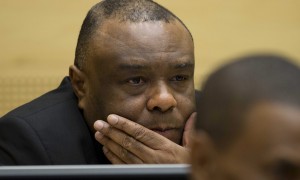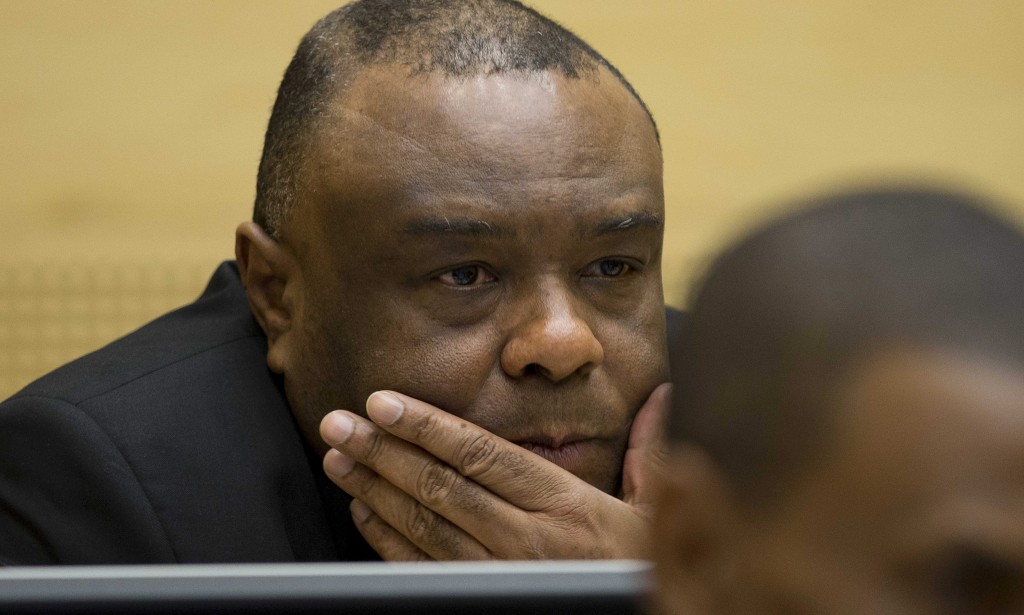The International Criminal Court has begun investigating war crimes in Georgia, is looking into British soldiers accused of torture in Iraq and, in one of its most politically delicate missions yet, sent a team to Israel to discuss crimes in Gaza.

But as the court tries to expand into new geography and investigate new types of crimes, it faces the most serious challenge to its existence: Three nations, all from Africa, have announced that they will no longer work with the tribunal, intensifying a longstanding debate over whether it is biased against the continent.
This week, Gambia, known for crushing political dissent, announced its intention to pull out of the tribunal, denouncing it on state television as the “international Caucasian court.” Though most of the court’s judges are not white, almost all of its full-fledged investigations have focused on Africa. And the planned withdrawal carried an extra barb: Gambia is the home country of the court’s chief prosecutor, Fatou Bensouda.
Before that, Burundi announced its plans to withdraw, months after Ms. Bensouda announced that she would open a preliminary examination into the killings of anti-government protesters there.
Continue reading the main story
Critics say Ms. Bensouda could have moved faster to show that justice is blind — chiefly, in the case of American soldiers in Afghanistan, which is a party to the court. There, a preliminary examination by the court has been underway since 2003 over accusations of abuse in prisons run by American forces, along with allegations of war crimes committed by the Taliban and Afghan security forces. What she decides in that case, and how soon, could be decisive in the debate over the court’s fairness.
The court has had some notable victories lately. It recently obtained a guilty plea from a jihadist who destroyed antiquities in Mali, the first time destruction of cultural heritage had been tried as a war crime. And in March, it convicted a former warlord from the Democratic Republic of Congo for using rape as a weapon of war.
What generated the loudest outcry from leaders in Africa were the prosecutions of two sitting heads of state: President Uhuru Kenyatta of Kenya, over election violence in 2007, and Mr. Bashir of Sudan.
But there is also tension within Africa. Uganda and Kenya have been making noises about pulling out, although other African states, including Nigeria, have opposed such a move. Gabon asked the court this month to look into possible war crimes on its territory. Sidiki Kaba, the Senegalese president of the Assembly of States Parties, as the conclave of countries that belong to the court are known, made an impassioned defense of the court this week.
Many African human rights activists, including in South Africa, have said that the withdrawals from the court will result in greater impunity. And the Elders, an organization made up of a heavy-hitting roster of former world leaders like Desmond Tutu, described South Africa’s withdrawal as “a betrayal of Nelson Mandela’s fight for justice and human rights.” Mr. Mandela helped start the group.
On Wednesday, the group called for “urgent reform” to restore the court’s effectiveness, saying that “the perception in parts of Africa and elsewhere that the Court is not impartial, and that big powers who are not members apply double standards, is undermining its credibility and effectiveness.”
South Africa faced the embarrassing prospect of having to arrest the president of Sudan, Mr. Bashir, last year when he came to visit. It chose not to, facing a reprimand from its own justice system.
How exactly did that interfere in its ability to push for peace on the continent? The South African government did not say.
Even as the court’s reach and credibility seem to be curtailed, demands have spread for accountability for mass atrocities.
Whether through domestic war crimes tribunals, hybrid courts or the principle of universal jurisdiction, efforts are underway in many nations to seek justice for victims of the worst crimes against humanity, including genocide. Examples include Sri Lanka, which is considering a national tribunal to prosecute the perpetrators of civil war atrocities, and Colombia, where voters this month rejected a peace deal that many felt was too soft on war criminals.
Even in Syria, under extremely dangerous conditions, evidence is being collected with an expectation that people suspected of war crimes will one day have their day in court.
“We are now at a point of no return on the question of international criminal justice,” said Alex Whiting, a Harvard law professor and a former lawyer at the international court. “It is because the principle of international criminal justice has been established over these last 20 years that we are now so aware of it not being realized in Syria and elsewhere.”

